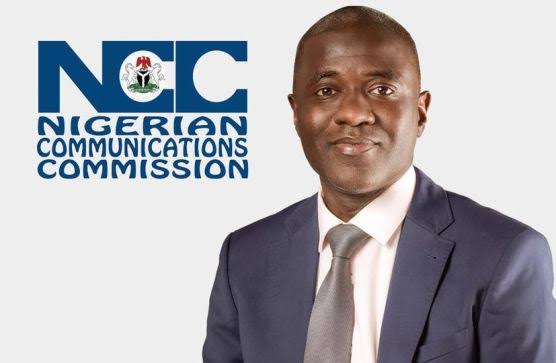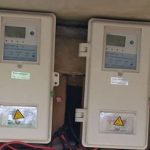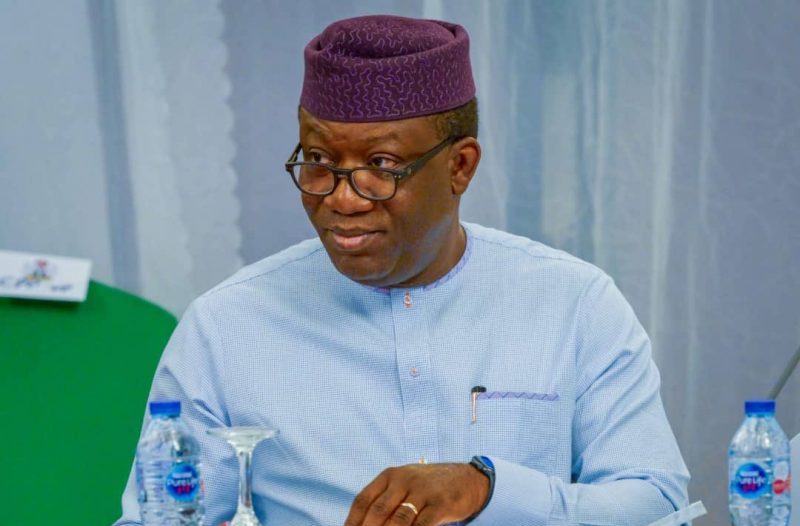The Nigerian Communications Commission (NCC) has urged state governors to waive or substantially reduce Right of Way (RoW) charges, currently set at ₦145 per linear meter, describing the levy as one of the most significant barriers to fibre-optic deployment across the country.
Speaking during a courtesy visit to the Nigeria Governors’ Forum (NGF) Secretariat in Abuja, the executive vice chairman of the NCC said reducing the charges would accelerate broadband rollout, enhance digital inclusion, and unlock fresh opportunities within Nigeria’s growing digital economy. He stressed that aligning infrastructure policies between federal and state governments would be a “game changer” for national digital transformation.
The NGF, through its director-general, assured the NCC of its willingness to collaborate. He highlighted broadband and secure digital infrastructure as “foundational public goods” and identified four key areas of partnership with the Commission. These include the establishment of State Broadband Coordinating Councils, policy harmonisation to standardise RoW rules, stronger protection of critical national information infrastructure, and improved information sharing to enhance capacity building.
Citing the World Bank’s SABER initiative, the NGF noted that states adopting harmonised RoW fees and coordinated trenching practices had recorded rapid fibre network expansion, greater access to high-speed internet, job creation, and broader access to essential services such as education and healthcare.
Both organisations emphasised that dismantling barriers to broadband infrastructure would not only benefit citizens but also boost state economies. They explained that faster digital connectivity would improve productivity, expand the tax base, and enhance internally generated revenue.
To build momentum, the NGF said it would leverage the upcoming NCC Business Roundtable to secure formal commitments from governors. It also plans to organise follow-up workshops to create practical toolkits that will help states implement best practices.
The NCC pledged to provide technical leadership and regulatory clarity for broadband rollout, while the NGF promised to support the initiative with political will and state-level coordination.
“As Nigeria works towards universal, affordable, and resilient connectivity, this partnership signals a collaborative path forward for the country’s digital future,” the NGF said.










